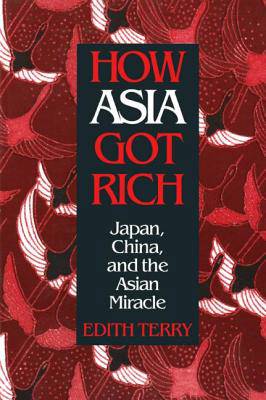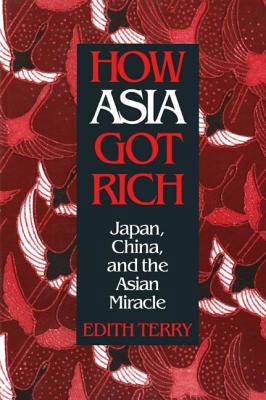
- Afhalen na 1 uur in een winkel met voorraad
- Gratis thuislevering in België vanaf € 30
- Ruim aanbod met 7 miljoen producten
- Afhalen na 1 uur in een winkel met voorraad
- Gratis thuislevering in België vanaf € 30
- Ruim aanbod met 7 miljoen producten
Zoeken
Omschrijving
Within a few short months in 1997, Asian economies that had been considered not only healthy but "miraculous" suddenly fell off a precipice as investors withdrew massively first from Asian currencies and, in rapid order, from equity markets across the region. On October 27 1997, the turmoil in Asian markets spooked Wall Street in the largest single-day decline in history, a drop of 550 points. It was predicted that the Asian crash could drive the US trade deficit from $191 billion to $300 billion by 1998, creating huge new tensions in relations with some of the largest US trading partners. These wrenching changes, following a generation of success, raise numerous questions about the steps that led to the crisis, its likely outcome and the limits and constraints of "Asian capitalism". Edith Terry presents a blow-by-blow account of the crisis, beginning with the 1996 collapse of the Bangkok Bank of Commerce. In her overview, she links the fall of the Asian miracle with the theme of globalization, arguing that the crisis demonstrates the urgency of dismantling restraints to trade, investment, and financial services, and that the United States should take leadership in pushing for new and sweeping reform through the World Trade Organization and in bilateral negotiations with its trading partners. The final section of the book deals with the rise of the "Asian miracle" - how the myth was created, who created it, why it succeeded for so long - and is informed by analysis of the Japanese prototype.
Specificaties
Betrokkenen
- Auteur(s):
- Uitgeverij:
Inhoud
- Aantal bladzijden:
- 689
- Taal:
- Engels
- Reeks:
Eigenschappen
- Productcode (EAN):
- 9780765603555
- Verschijningsdatum:
- 31/05/2002
- Uitvoering:
- Hardcover
- Formaat:
- Genaaid
- Afmetingen:
- 162 mm x 237 mm
- Gewicht:
- 1111 g

Alleen bij Standaard Boekhandel
+ 364 punten op je klantenkaart van Standaard Boekhandel
Beoordelingen
We publiceren alleen reviews die voldoen aan de voorwaarden voor reviews. Bekijk onze voorwaarden voor reviews.












